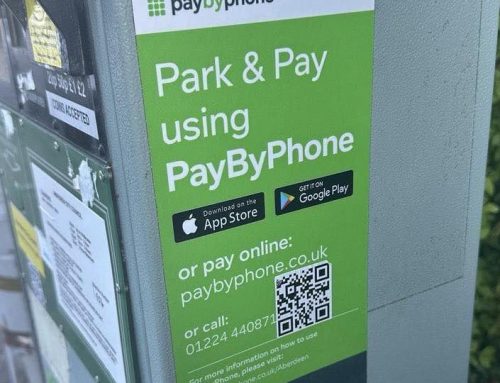When the government invoked Article 50, the UK had a clear deadline for leaving the European Union: 29th March 2019. Following Theresa May’s request for an extension, that deadline has now moved to 12th April – but we are still no clearer on what the outcome will be. A second referendum seems increasingly unlikely. But then again, so does a suitable deal being reached between the UK and the EU – meaning there is still a high chance the UK could strike out with no deal at all. So, the question is: what challenges lie ahead for the IT industry in the UK post-Brexit?
Skills shortages
There is already a significant skills gap within the IT industry, with many companies struggling to fill roles. And the added pressures of Brexit aren’t going to help the situation. UK businesses need to find new ways of attracting talent from the EU and beyond: that’s a no-brainer. But the uncertainty from Westminster is hardly doing much to encourage people to relocate to the UK – creating an unwelcome aura and sparking fears of hostile working environments instead.
There are also concerns that freedom of movement could be restricted altogether between EU countries and the UK, which would make it significantly more challenging for firms in the UK to hire IT staff from the EU. As such, it is vital for businesses to keep an eye on new immigration requirements – to consider how this might impact workforce mobility and access to diverse and skilled talent, and to ensure contingency arrangements are in place.
Adapting to regulations
In the midst of all the Brexit uncertainty, one thing is clear: GDPR is here to stay. The UK government has already carved the regulation into legal stone by transposing the rules into the 2018 Data Protection Bill. Equally, organisations will still need to comply with the requirements of the Network and Information Security (NIS) directive – which ensures essential services operators and digital service providers maintain high levels of security and resilience. This directive has also been transferred into UK law in the form of the Network and Information Systems Regulations 2018.
Given that these regulations are being upheld, businesses will still need to ensure they have the correct processes and procedures in place post-Brexit. However, other legislation is subject to change and new regulations may be introduced if the UK finds new trade partners. Large-scale changes could cause confusion and affect the way businesses locate and operate their IT systems, so it will take time to navigate and adapt to these requirements.
Cost of equipment and software
No business can afford to be using old equipment or out-of-date software – especially in the IT sector. Not only will slow-running systems have a negative impact on productivity, but they could also leave firms vulnerable to cyber attacks. However, the costs of equipment and software are likely to increase post-Brexit – especially if the UK crashes out without a deal. No deal would result in tariffs on all goods entering the single market, meaning widespread price increases on tech products including Microsoft, Apple, Dell and HP.
Product shortages and delays could also become a problem as the cost of manufacturing increases and tighter controls see restrictions on products being shipped from the UK to Europe and vice versa. In light of this, businesses will need to assess their organisational processes to minimise disruption and may need to review suppliers in order to keep costs down.
Migrating to the cloud
Amidst all the Brexit chaos, businesses will need greater flexibility to respond and adapt rapidly to changes. Which is why we will likely see increased adoption of cloud-based services post-Brexit in a bid to improve scalability, agility, communication and real-time data sharing – as well as lower costs and make businesses more efficient.
The cloud is a sensible investment in an unpredictable environment as it doesn’t require spend in on-premises equipment and infrastructure and it can support locally-hosted options in either the UK or elsewhere in the EU. Hosting all data in a secure cloud solution can also help businesses to meet GDPR requirements and improve flexible and collaborative working (even if employees are dispersed across different countries) which may help to attract top talent in the UK as well as the EU.
Plan and prepare
Although it is still unclear what the effects of Brexit will be in both the short and long term, one thing is certain: it is vital for businesses to be prepared for all eventualities. This may mean outsourcing responsibilities to external companies with greater expertise in the field, to ensure all bases are covered. However, as with talent, equipment and software, the cost of overseas outsourcing is also likely to increase post-Brexit. So, looking for business IT support closer to home is your best bet.
At Pro Drive IT, we are on hand to help you plan and prepare for Brexit, whatever the outcome may be. We offer a range of services and solutions to support and protect your business in an increasingly uncertain environment. From our tailored Business IT Support Services to our secure and reliable cloud solutions.
To find out more about how we can help support your company in the aftermath of Brexit, please contact us today.








